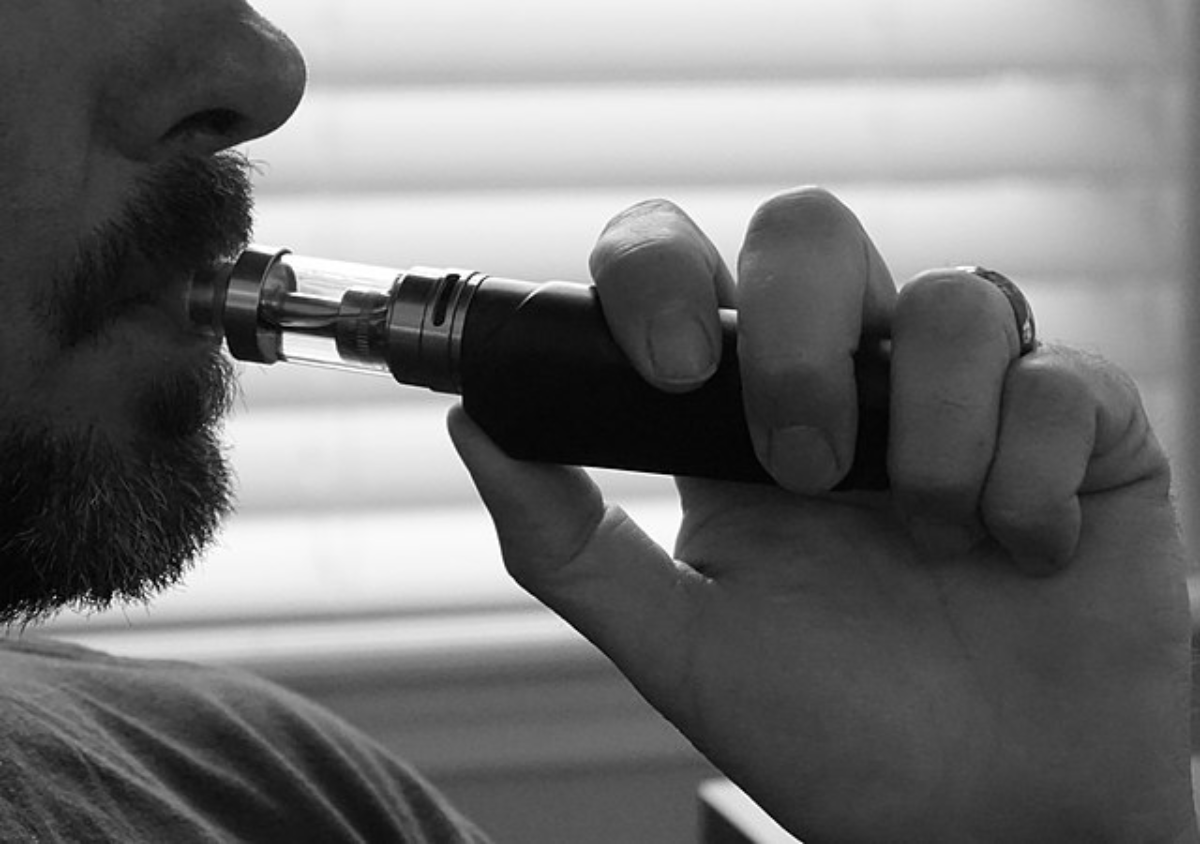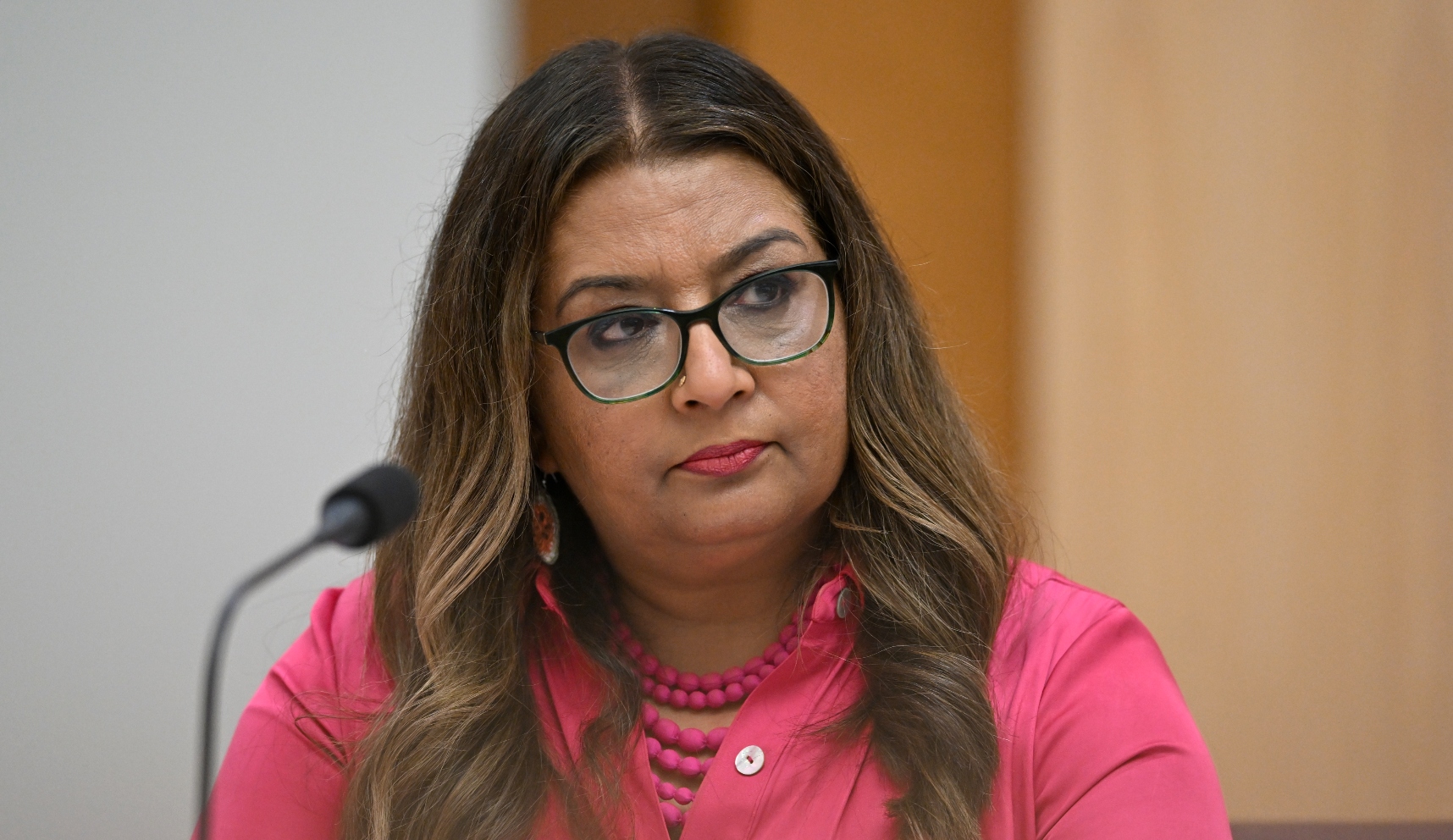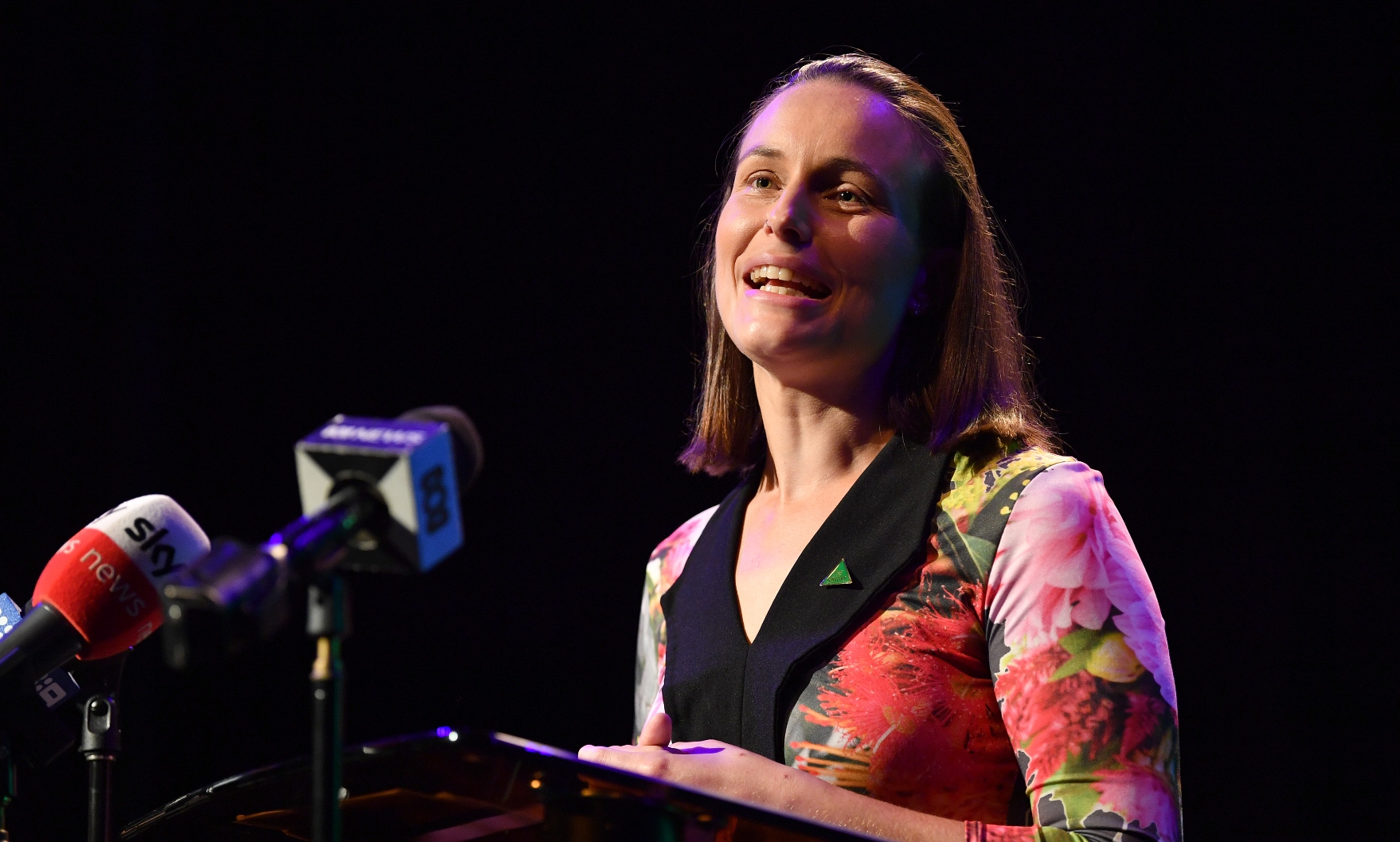

Image: Image: Vaper City/Wikimedia Commons
By LAUREN FROST
Calls for an anti-vaping campaign that paints ‘Big Tobacco’ as the enemy have been made by Senior Lecturer in Marketing at RMIT University, Dr Sandy Fitzgerald.
As the typical age of people who vape is below 25 years of age, Dr Fitzgerald urges that “the government needs a different approach to their previous anti-smoking campaigns as this is a whole new generation they are targeting.”
Dr Fitzgerald insists that more needs to be done than merely limiting flavour options and introducing plain packaging in order to curb vaping amongst young people.
“While there are now policies and budgets in place to stem vaping for good reasons,” she recognises,”we need to acknowledge, particularly for people under 25, that these interventions can be perceived as paternalistic, revenue-raising by the government and punitive in orientation.”
The need for an effective anti-vaping campaign targeted towards young people is emphasised by Dr Emily Stockings, Program Lead of Smoking, vaping and mental health at The Matilda Centre for Research in Mental Health and Substance Use, The University of Sydney.
“Vaping is significantly impacting young people, often in ways they don’t realise,” Dr Stockings tells City Hub.
“Nicotine addiction can develop incredibly quickly and with few warning signs. Young people are reporting disruptions to sleep and schooling, often saying they can’t make it through a lesson without vaping.”
Dr Stockings also notes the multitude of reports of young people experiencing symptoms of nicotine withdrawal such as “feeling agitated, restless, anxious and jittery”.
A New Kind of Campaign
In order to create an effective anti-vaping campaign targeted towards young people, Dr Fitzgerald believes that “we need to understand the perspective of vapers and why they try vaping in the first place”.
She notes that choosing to vape can lead to an increase in social capital, especially for young, school-aged vapers who may feel a sense of belonging amongst their peers and a sense of being perceived as ‘cool’.
It is important for an anti-vaping campaign to not belittle young people for choosing to vape for these reasons.
“A successful campaign must be communicative and make vapers feel that they are not singled out and made to feel that they are stupid or dumb just because they were curious to try vaping in the first place,” says Dr Fitzgerald.










